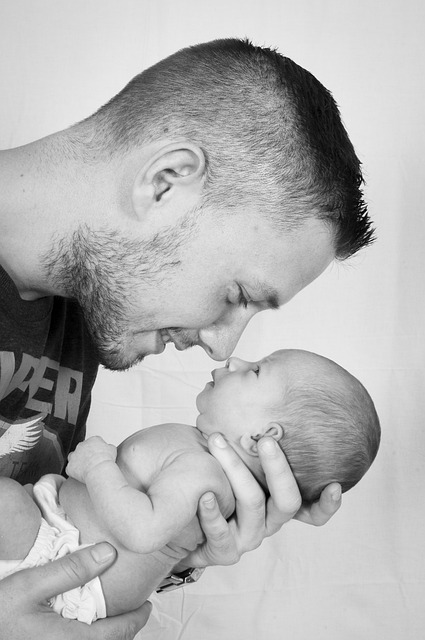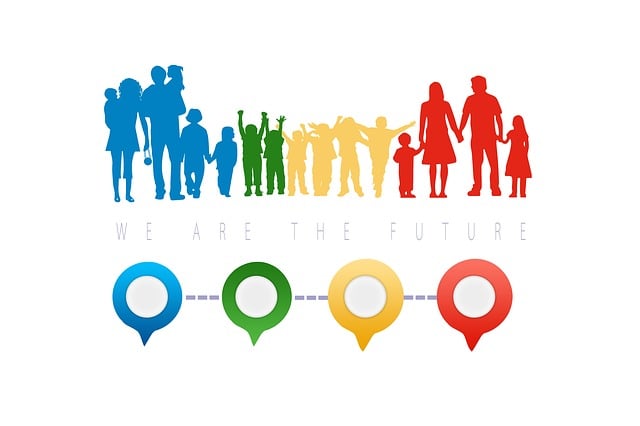Navigating child welfare legal processes involves complex laws aimed at protecting children while ensuring fair treatment for parents. Parental rights protection is crucial, safeguarding the bond between parents and children through transparency, legal representation, and open communication. Effective collaboration with legal professionals and building a support network of organizations and groups dedicated to parental rights are key to favorable outcomes during stressful times.
“Navigating child welfare legal processes can be overwhelming, but understanding your rights is crucial. This comprehensive guide aims to empower parents by offering a detailed look at child welfare law and its complexities. We explore the vital role of parental rights protection in ensuring fairness throughout these challenging times. From effective communication strategies with legal professionals to building a robust support network, this article provides valuable resources for parents facing child welfare cases. By the end, you’ll be equipped with tools to confidently navigate this labyrinthine process.”
- Understanding Child Welfare Legal Processes: A Comprehensive Overview
- The Role of Parental Rights Protection in Ensuring Fairness
- Strategies for Effective Communication and Collaboration with Legal Professionals
- Building a Support Network: Resources and Organizations for Parents Involved in Child Welfare Cases
Understanding Child Welfare Legal Processes: A Comprehensive Overview

Navigating child welfare legal processes can be a complex and emotionally charged journey, especially for families facing challenges related to parental rights protection. These proceedings involve intricate laws and regulations designed to safeguard the best interests of children while ensuring fair treatment for all involved parties. Understanding the fundamental steps and terms is crucial for anyone stepping into this legal landscape.
Child welfare cases often begin with a report of suspected child abuse or neglect, leading to an investigation by social services. If concerns are substantiated, the case may proceed to court, where a judge will make decisions regarding temporary or permanent custody, visitation rights, and other significant matters. The legal process aims to provide a structured framework for resolving conflicts while offering support services to families, ultimately striving to create stable and safe environments for children. Key concepts include parental rights, which encompass the legal responsibilities and privileges of parents, and the court’s role in evaluating and determining the child’s well-being and future placement.
The Role of Parental Rights Protection in Ensuring Fairness

In the intricate landscape of child welfare legal processes, the protection of parental rights stands as a cornerstone ensuring fairness and due process for all involved. This critical aspect safeguards the bond between parents and their children, fostering an environment where decisions are made with the best interests of the family at heart. By preserving these rights, the system promotes transparency and accountability, enabling parents to actively participate in proceedings that significantly impact their lives and their child’s future.
The role of parental rights protection is multifaceted, serving as a buffer against potential biases or misunderstandings. It ensures that parents have access to legal representation, allowing them to navigate complex laws and advocate for their perspective. Furthermore, it guarantees the right to information, enabling parents to make informed decisions and understand their options throughout the process. Ultimately, this protection fosters trust in the legal system, encouraging open communication and collaboration between families and authorities.
Strategies for Effective Communication and Collaboration with Legal Professionals

When navigating child welfare legal processes, effective communication and collaboration with legal professionals are paramount for safeguarding parental rights protection. This involves clear and consistent communication about the family’s situation, concerns, and goals. Parents should actively participate in meetings, keep detailed records of conversations, and ask questions to ensure understanding.
Collaborative strategies include sharing relevant documents, providing access to necessary information, and maintaining open lines of communication throughout the process. Building a strong working relationship with attorneys, social workers, and other involved parties can significantly enhance the chances of achieving favorable outcomes that protect the best interests of both children and parents while ensuring parental rights are upheld.
Building a Support Network: Resources and Organizations for Parents Involved in Child Welfare Cases

Building a strong support network is crucial for parents navigating child welfare legal processes, as it provides essential resources and emotional backing during an often stressful time. There are numerous organizations dedicated to assisting families involved in such cases. These groups offer invaluable assistance, from providing legal aid and advocacy to connecting parents with mental health services and financial support.
Resources like local parent support groups, non-profit legal aid societies, and government agencies specializing in child welfare can help educate parents about their rights and guide them through the complex system. Additionally, national networks advocating for parental rights protection offer a sense of community and provide access to information on successful case management strategies, ensuring parents feel empowered throughout the process.






